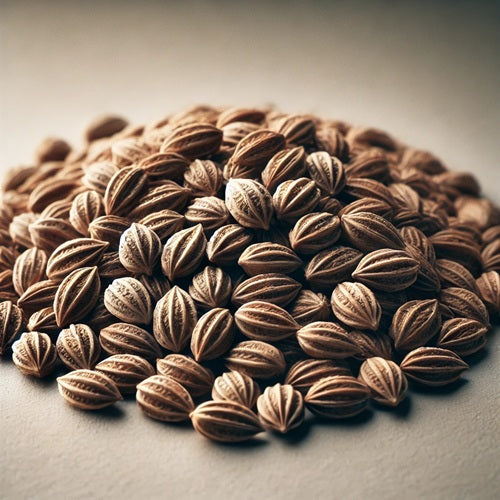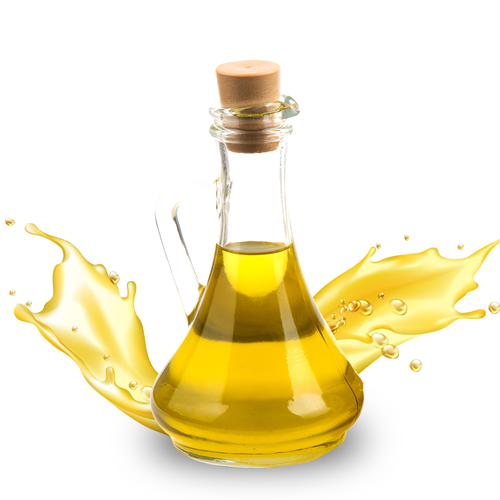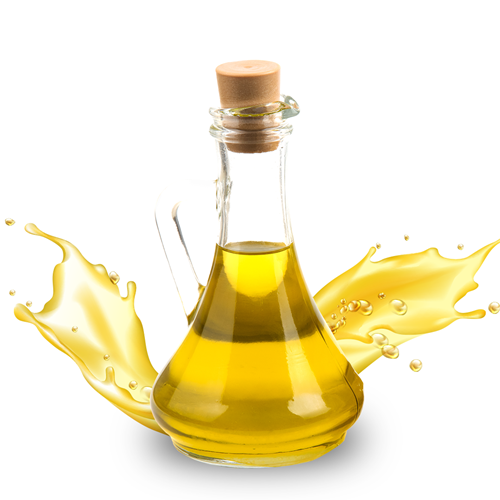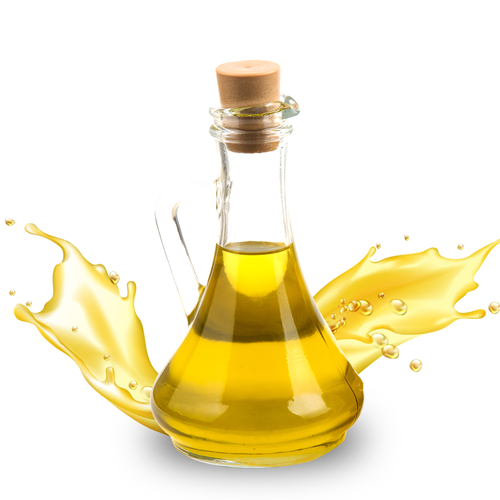Menu
Add description, images, menus and links to your mega menu
A column with no settings can be used as a spacer
Link to your collections, sales and even external links
Add up to five columns
Add description, images, menus and links to your mega menu
A column with no settings can be used as a spacer
Link to your collections, sales and even external links
Add up to five columns
LOOKING FOR BULK INGREDIENTS PRICING?

Benefits of Ajwain Seeds - Wholesale B2B Bulk Suppliers in USA
Ajwain Seeds: A Traditional Remedy for Digestion, Immunity & Respiratory Wellness
Ajwain Seeds, also known as carom seeds, are the tiny, ridged fruits of the Trachyspermum ammi plant, a herb native to the Indian subcontinent and parts of the Middle East. Highly aromatic with a pungent, thyme-like flavor, these seeds have been prized in Ayurvedic and Unani medicine for centuries. Renowned for their digestive, antimicrobial, and anti-inflammatory properties, Ajwain Seeds are commonly used in both culinary and medicinal preparations to support overall wellness.
Botanical Profile
-
Botanical Name: Trachyspermum ammi
-
Family: Apiaceae
-
Plant Part Used: Seeds
-
Color: Grayish-green to brown
-
Taste: Strong, pungent, and slightly bitter
-
Common Names: Carom seeds, Omam, Ajowan, Bishop’s Weed
Key Active Compounds
Ajwain Seeds are rich in thymol, a powerful essential oil known for its antiseptic and antimicrobial properties. They also contain terpenes, flavonoids, and phenolic compounds that contribute to their wide range of therapeutic effects.
Health Benefits of Ajwain Seeds
-
Promotes Digestive Health
Ajwain is most widely used for its ability to relieve indigestion, gas, bloating, and acidity. Thymol helps stimulate gastric secretions, making it easier to digest heavy meals and preventing flatulence. -
Relieves Respiratory Discomfort
Ajwain acts as a bronchodilator and decongestant. It can help ease asthma, cough, and cold symptoms by clearing nasal passages and promoting easier breathing. -
Supports Antimicrobial Defense
The thymol in Ajwain is a natural germicide and fungicide. It helps fight infections in the gut, mouth, and skin, making it a valuable spice for boosting immunity. -
Helps Regulate Cholesterol and Blood Pressure
Some studies suggest that Ajwain may help reduce LDL cholesterol and regulate blood pressure due to its antioxidant and anti-inflammatory effects. -
Aids in Weight Management
Ajwain water is commonly consumed to stimulate metabolism and improve digestion, thereby supporting weight loss efforts. -
Eases Menstrual and Abdominal Discomfort
Ajwain’s muscle-relaxing and pain-relieving properties make it useful in soothing menstrual cramps, colic, and abdominal discomfort.
Common Uses and Applications
-
Added to curries, dals, and pickles for flavor and digestion
-
Used in herbal teas or decoctions for respiratory and stomach issues
-
Ground into spice blends like masala or churan
-
Incorporated in traditional home remedies and Ayurvedic tonics
-
Used externally in poultices or infused oils for pain relief
Recommended Dosage
Ajwain can be consumed as whole seeds, powder, or in decoction form. A typical dosage ranges from 1 to 3 grams per day. For digestive relief, ½ teaspoon of crushed seeds with warm water is often recommended after meals.
Precautions
Ajwain is generally safe in moderate dietary amounts. However, excessive consumption may cause heartburn, nausea, or mouth ulcers. Pregnant women should consult a healthcare professional before using it medicinally, as high doses may stimulate uterine contractions.
Final Thoughts
Ajwain Seeds are a time-tested herbal remedy with remarkable benefits for digestive comfort, immune support, and respiratory health. Their versatility in both the kitchen and the medicine cabinet makes them a valuable staple in holistic wellness. Whether consumed as a spice or as a therapeutic remedy, Ajwain offers a natural and effective solution for many everyday ailments.
Ajwain Seeds: A Traditional Remedy for Digestion, Immunity & Respiratory Wellness
Ajwain Seeds, also known as carom seeds, are the tiny, ridged fruits of the Trachyspermum ammi plant, a herb native to the Indian subcontinent and parts of the Middle East. Highly aromatic with a pungent, thyme-like flavor, these seeds have been prized in Ayurvedic and Unani medicine for centuries. Renowned for their digestive, antimicrobial, and anti-inflammatory properties, Ajwain Seeds are commonly used in both culinary and medicinal preparations to support overall wellness.
Botanical Profile
-
Botanical Name: Trachyspermum ammi
-
Family: Apiaceae
-
Plant Part Used: Seeds
-
Color: Grayish-green to brown
-
Taste: Strong, pungent, and slightly bitter
-
Common Names: Carom seeds, Omam, Ajowan, Bishop’s Weed
Key Active Compounds
Ajwain Seeds are rich in thymol, a powerful essential oil known for its antiseptic and antimicrobial properties. They also contain terpenes, flavonoids, and phenolic compounds that contribute to their wide range of therapeutic effects.
Health Benefits of Ajwain Seeds
-
Promotes Digestive Health
Ajwain is most widely used for its ability to relieve indigestion, gas, bloating, and acidity. Thymol helps stimulate gastric secretions, making it easier to digest heavy meals and preventing flatulence. -
Relieves Respiratory Discomfort
Ajwain acts as a bronchodilator and decongestant. It can help ease asthma, cough, and cold symptoms by clearing nasal passages and promoting easier breathing. -
Supports Antimicrobial Defense
The thymol in Ajwain is a natural germicide and fungicide. It helps fight infections in the gut, mouth, and skin, making it a valuable spice for boosting immunity. -
Helps Regulate Cholesterol and Blood Pressure
Some studies suggest that Ajwain may help reduce LDL cholesterol and regulate blood pressure due to its antioxidant and anti-inflammatory effects. -
Aids in Weight Management
Ajwain water is commonly consumed to stimulate metabolism and improve digestion, thereby supporting weight loss efforts. -
Eases Menstrual and Abdominal Discomfort
Ajwain’s muscle-relaxing and pain-relieving properties make it useful in soothing menstrual cramps, colic, and abdominal discomfort.
Common Uses and Applications
-
Added to curries, dals, and pickles for flavor and digestion
-
Used in herbal teas or decoctions for respiratory and stomach issues
-
Ground into spice blends like masala or churan
-
Incorporated in traditional home remedies and Ayurvedic tonics
-
Used externally in poultices or infused oils for pain relief
Recommended Dosage
Ajwain can be consumed as whole seeds, powder, or in decoction form. A typical dosage ranges from 1 to 3 grams per day. For digestive relief, ½ teaspoon of crushed seeds with warm water is often recommended after meals.
Precautions
Ajwain is generally safe in moderate dietary amounts. However, excessive consumption may cause heartburn, nausea, or mouth ulcers. Pregnant women should consult a healthcare professional before using it medicinally, as high doses may stimulate uterine contractions.
Final Thoughts
Ajwain Seeds are a time-tested herbal remedy with remarkable benefits for digestive comfort, immune support, and respiratory health. Their versatility in both the kitchen and the medicine cabinet makes them a valuable staple in holistic wellness. Whether consumed as a spice or as a therapeutic remedy, Ajwain offers a natural and effective solution for many everyday ailments.
For bulk orders and inquiries, visit Reveda - Ajwain Seeds
BUY ONLINE IN USA FROM REVEDA - The leading manufacturer B2B Bulk Wholesale Supplier of Ajwain Seeds in USA.
Also in Reveda: Health & Wellness

Benifits Of Omega-3 Fish Oil EE - 460 MG/G EPA & 180 MG/G DHA - Wholesale B2B Bulk Suppliers in USA
Read More
SUBSCRIBE NOW ...
Don't miss to get latest updates on sales, new releases and promotions

